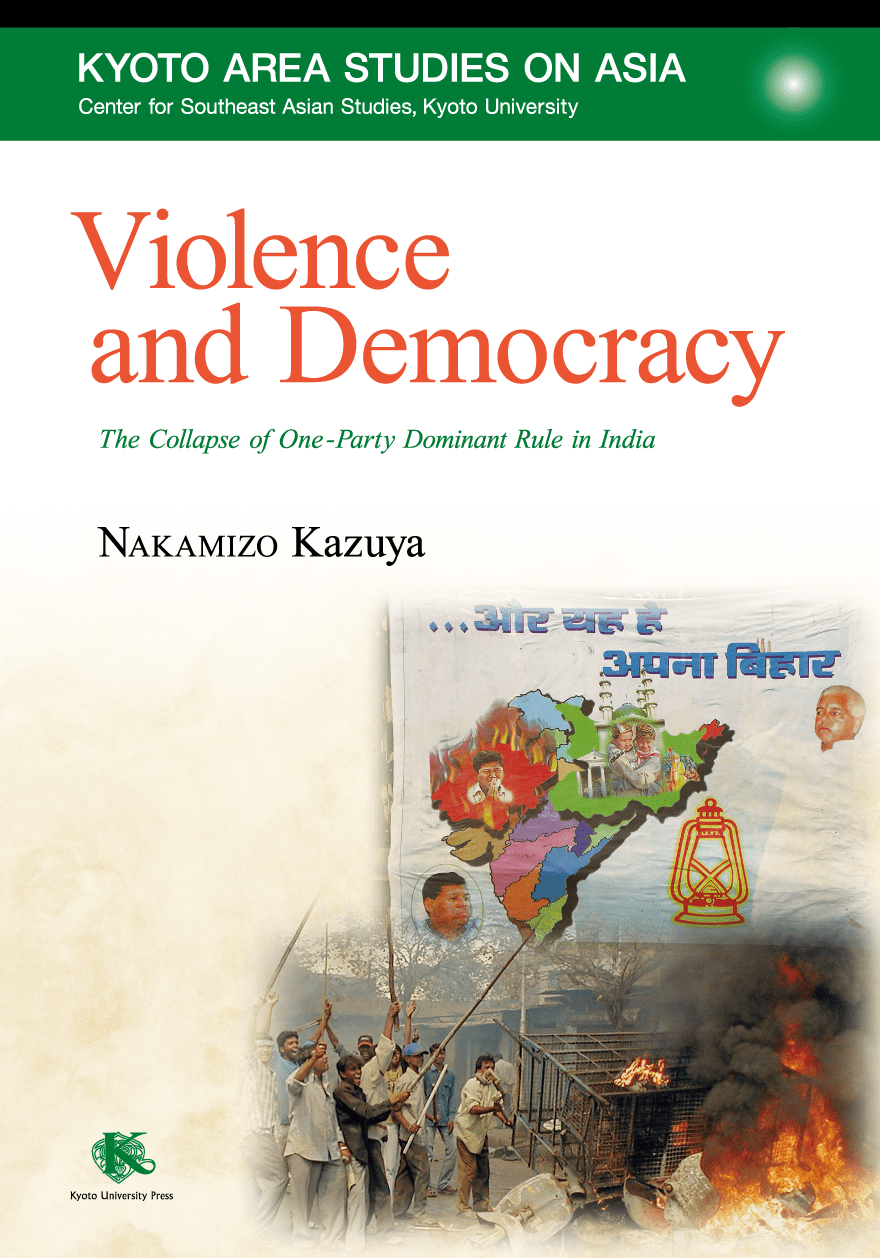Violence and Democracy: The Collapse of One-Party Dominant Rule in India
The ascendance of Hindu nationalism in contemporary India has evoked considerable scholarly interest and sparked innumerable debates in the fields of political theory and studies on politics in South Asia. Violence and Democracy goes against the grain of existing scholarship by urging us to reconsider the role and the centrality of religious and caste-related violence in the shaping of political outcomes in India. While much of the existing literature traces the rise of identity politics to an increase in caste mobilization, religious clashes and the role of ideologies, this book argues that the origin of this dramatic political shift actually lies in the politics of the ‘counter-riot response’. That is, it is during the realignment of caste blocs and religious groupings in the counter-riot response phase that the transformation of the Indian political and ideological landscape actually occurs.
Towards developing an entirely new framework with which to study Indian politics, Violence and Democracy is based on intense field work in the troubled state of Bihar (Eastern India). Through a multi-layered analysis of the varied tensions and interactions between the central government, state-level actors and rural villages, the effort radically revises the standard understanding of two defining political moments in Bihar: a) the communal clashes in Bhagalpur (1989) and b) the eruption of Mandal riots following the implementation of the Mandal Commission report (1990). Through a detailed study of the various fault lines that crisscross Bihar’s social and political worlds, the counter-riot phase proved to be not only the actual watershed event but created the subsequent contexts for the state’s turn towards identity politics. In sum, this book makes a compelling case for helping us understand how responses to chronic violence can shape political imaginations.
Towards developing an entirely new framework with which to study Indian politics, Violence and Democracy is based on intense field work in the troubled state of Bihar (Eastern India). Through a multi-layered analysis of the varied tensions and interactions between the central government, state-level actors and rural villages, the effort radically revises the standard understanding of two defining political moments in Bihar: a) the communal clashes in Bhagalpur (1989) and b) the eruption of Mandal riots following the implementation of the Mandal Commission report (1990). Through a detailed study of the various fault lines that crisscross Bihar’s social and political worlds, the counter-riot phase proved to be not only the actual watershed event but created the subsequent contexts for the state’s turn towards identity politics. In sum, this book makes a compelling case for helping us understand how responses to chronic violence can shape political imaginations.

Publisher
Kyoto University Press and Trans Pacific Press
ISBN
9784814002764(Japan), 9781920910387(World)
Published
2020
Specialisation
Social Sciences
Theme
National politics
Region
India